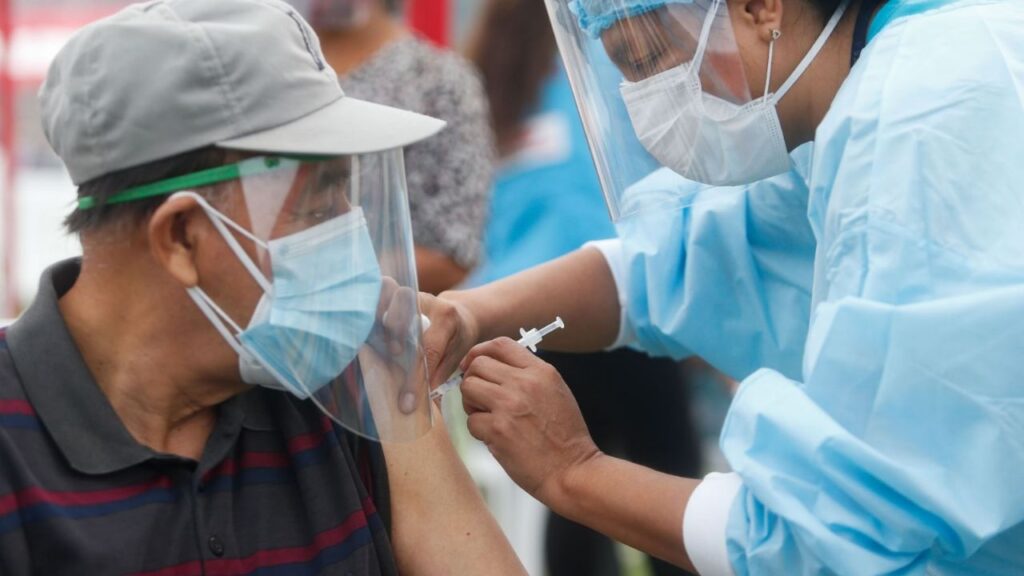Due to its biology, women are more vulnerable to hormone-induced depression, indicates the doctor endocrinologist Douglas Villarroel. Thus, women are almost twice as likely as men to have a diagnosis of depression, and depression can occur at any age.
The relationship between the hormonal changes that a woman experiences throughout her life and her mood is not a simple relationship, nor is there a universal answer for all. Here the specialist offers some guidelines to understand these stages.
What do hormones have to do with depression?
The levels of certain hormones, such as those produced by the thyroid gland, can influence depression. Also, some symptoms of depression are associated with thyroid conditions. The same goes for other problems related to the menstrual cycle, such as PMS, perimenopause, and menopause.
Because there is a connection between symptoms of depression and other illnesses, blood tests are always ordered to avoid misdiagnosis. It is important to keep in mind that a person can have depression and thyroid problems at the same time.
Hormonal problems associated with depression
In general, women are more likely than men to develop thyroid problems. Women are also more likely than men to have depression. Due to their biology, women are more vulnerable to this common disease worldwide, as it is estimated to affect 3.8% of the population, including 5% of adults and 5.7% of the elderly 60 years, according to the World Health Organization.
Why are women more likely to suffer from depression?
The menstruation process involves fluctuations in the levels of estrogen and other hormones. Some before menstruation, have symptoms related to depression, such as sadness, irritability and fatigue. Signs that are part of premenstrual syndrome.
When pregnant, women are subject to physical and emotional changes caused in part by changes (highs and lows) in hormones. After pregnancy, hormonal disorders are greater. This process is a likely cause of “baby blues,” a mild type of depression that follows childbirth and usually resolves quickly. A more serious form, such as postpartum depression, can also occur.
SOURCE Dr. Douglas Villarroel Endocrinologist https://wellness.global
Due to its biology, women are more vulnerable to hormone-induced depression, indicates the doctor endocrinologist Douglas Villarroel. Thus, women are almost twice as likely as men to have a diagnosis of depression, and depression can occur at any age.
The relationship between the hormonal changes that a woman experiences throughout her life and her mood is not a simple relationship, nor is there a universal answer for all. Here the specialist offers some guidelines to understand these stages.
What do hormones have to do with depression?
The levels of certain hormones, such as those produced by the thyroid gland, can influence depression. Also, some symptoms of depression are associated with thyroid conditions. The same goes for other problems related to the menstrual cycle, such as PMS, perimenopause, and menopause.
Because there is a connection between symptoms of depression and other illnesses, blood tests are always ordered to avoid misdiagnosis. It is important to keep in mind that a person can have depression and thyroid problems at the same time.
Hormonal problems associated with depression
In general, women are more likely than men to develop thyroid problems. Women are also more likely than men to have depression. Due to their biology, women are more vulnerable to this common disease worldwide, as it is estimated to affect 3.8% of the population, including 5% of adults and 5.7% of the elderly 60 years, according to the World Health Organization.
Why are women more likely to suffer from depression?
The menstruation process involves fluctuations in the levels of estrogen and other hormones. Some before menstruation, have symptoms related to depression, such as sadness, irritability and fatigue. Signs that are part of premenstrual syndrome.
When pregnant, women are subject to physical and emotional changes caused in part by changes (highs and lows) in hormones. After pregnancy, hormonal disorders are greater. This process is a likely cause of “baby blues,” a mild type of depression that follows childbirth and usually resolves quickly. A more serious form, such as postpartum depression, can also occur.
SOURCE Dr. Douglas Villarroel Endocrinologist https://wellness.global
;
















